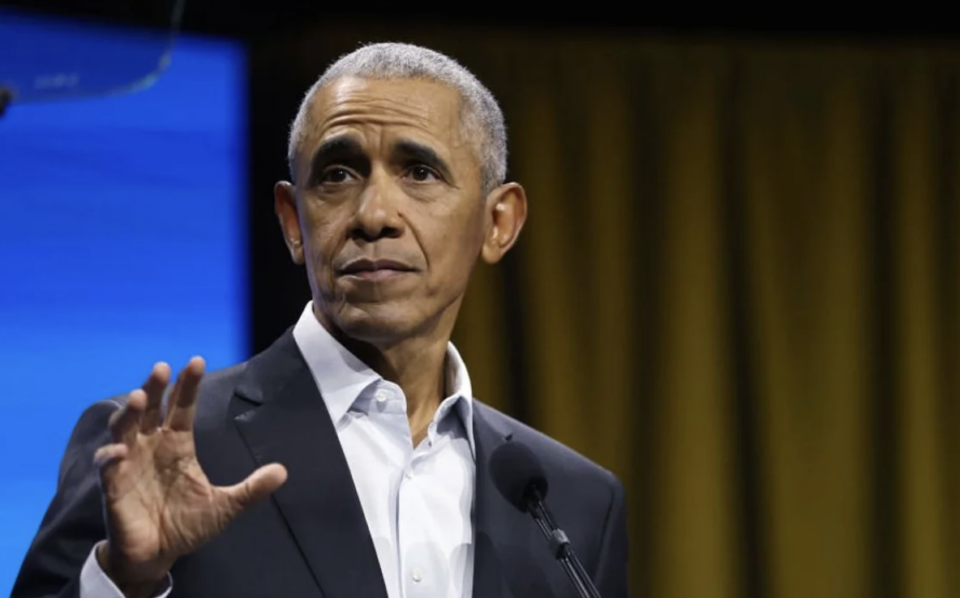In a recent interview, former President Barack Obama proposed the use of “digital fingerprints” to combat what he perceives as “misinformation.” Obama expressed concerns about the rise of artificial intelligence and its potential impact on the 2024 presidential campaign. He emphasized the need to police digital authenticity in order to address what he believes will be a worsening problem of misinformation.
As someone who claims to be the “first digital president,” Obama highlighted his own experiences with being recorded and photographed extensively during his time in office. He acknowledged the prevalence of deepfake technology, which can manipulate digital content to create deceptive or false narratives, often involving his own image. Obama suggested that such technology will contribute to a greater challenge of misinformation in the upcoming election cycle.
Obama argued that the proliferation of AI technology necessitates a more discerning public when consuming news and information. He called for the development of technologies that can create “watermarks” or “digital fingerprints” to distinguish between true and false information. According to him, the digital ecosystem has contributed to the formation of echo chambers and feedback loops that reinforce individuals’ pre-existing beliefs. Obama cited concerns about misinformation related to vaccinations as an example of why policing authenticity is necessary.
However, one critical question arises: Who gets to define what is true and what is not? Granting the government the power to determine truth raises legitimate concerns, particularly considering the questionable actions taken during the COVID-19 pandemic. Obama’s crusade against “misinformation” and “disinformation” lacks clear definitions and is susceptible to subjective interpretations.
It is essential to approach the issue of combating misinformation with caution. While the spread of false information is a valid concern, imposing centralized control over the determination of truth raises significant risks to free speech and the democratic process. Obama’s calls for government regulation of “dangerous content” and labeling of disinformation as a threat to democracy warrant careful scrutiny and debate.
In a world where technological advancements continue to shape our information landscape, it is crucial to strike a balance between protecting against harmful misinformation and preserving the principles of free expression and individual autonomy. Any approach to combatting misinformation must prioritize transparency, accountability, and respect for diverse perspectives to ensure the preservation of a vibrant and open marketplace of ideas.

